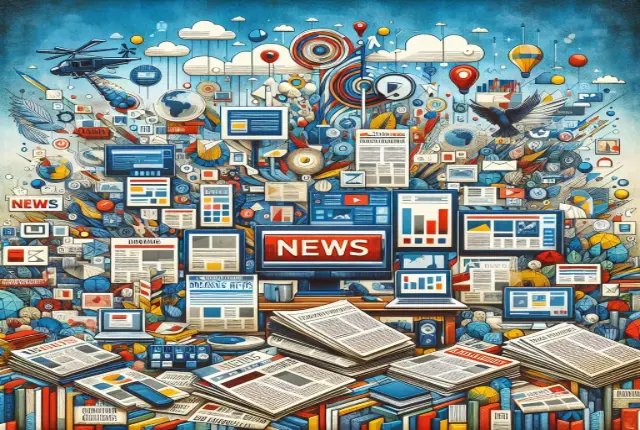China, Russia back Iran as Trump presses Tehran for nuclear talks
Published by Global Banking & Finance Review®
Posted on March 14, 2025
2 min readLast updated: January 24, 2026

Published by Global Banking & Finance Review®
Posted on March 14, 2025
2 min readLast updated: January 24, 2026

China and Russia back Iran in nuclear talks, urging mutual respect and lifting sanctions, while Trump pushes for negotiations.
By Ryan Woo and Xiuhao Chen
BEIJING (Reuters) - China and Russia stood by Iran on Friday after the United States demanded nuclear talks with Tehran, with senior Chinese and Russian diplomats saying dialogue should only resume based on "mutual respect" and all sanctions ought to be lifted.
In a joint statement issued after talks with Iran in Beijing, Beijing and Moscow also said they welcomed Iran's reiteration that its nuclear programme was exclusively for peaceful purposes, and that Iran's right to peaceful uses of nuclear energy should be "fully" respected.
In 2015, Iran agreed to curb its nuclear programme in exchange for the lifting of international sanctions in a deal with the U.S., Russia, China, Britain, France and Germany. But in 2018, Donald Trump, a year into his first term as U.S. president, pulled out of the pact.
"(China, Russia and Iran) emphasised that the relevant parties should be committed to addressing the root cause of the current situation and abandoning sanction, pressure or threat of force," China's Vice Foreign Minister Ma Zhaoxu told reporters after the meeting.
China, Russia and Iran also emphasised the necessity of terminating all "unlawful" unilateral sanctions, Ma said.
Ma's meeting with Russian Deputy Foreign Minister Sergei Ryabkov and Iran's Deputy Foreign Minister Kazem Gharibabadi came days after Tehran spurned U.S. "orders" to resume dialogue over the nuclear programme.
Last week, Trump said he had sent a letter to Iran's Supreme leader Ayatollah Ali Khamenei proposing nuclear talks, adding that "there are two ways Iran can be handled: militarily, or you make a deal".
Iranian President Masoud Pezeshkian responded that he would not negotiate with the U.S. while being "threatened", and Iran would not bow to U.S. "orders" to talk.
Iran was further enraged after six of the United Nations Security Council's 15 members - the U.S., France, Greece, Panama, South Korea and Britain - held a closed-door meeting this week to discuss its nuclear programme. Tehran said the meeting was a "misuse" of the U.N. Security Council.
Iran has long denied that it is working on developing a nuclear weapon. But the International Atomic Energy Agency warned last month that Tehran was "dramatically" accelerating enrichment of uranium to near the roughly 90% weapons-grade level.
(Reporting by Ryan Woo; Editing by Himani Sarkar and Kate Mayberry)
The article discusses China and Russia's support for Iran amidst US pressure for nuclear talks.
They advocate for dialogue based on mutual respect and lifting of sanctions.
Iran refuses to negotiate under US threats and insists its nuclear program is peaceful.
Explore more articles in the Finance category
